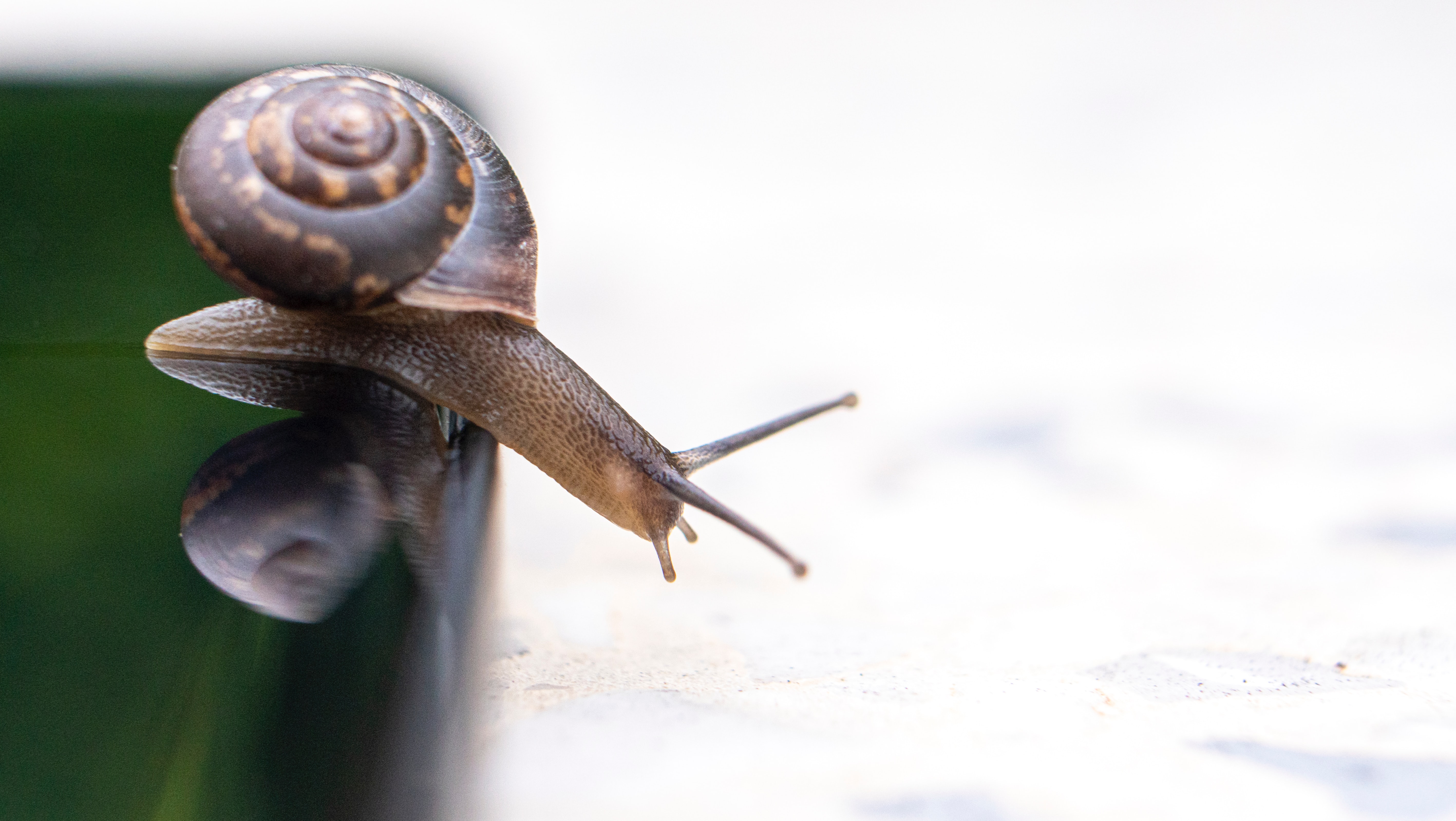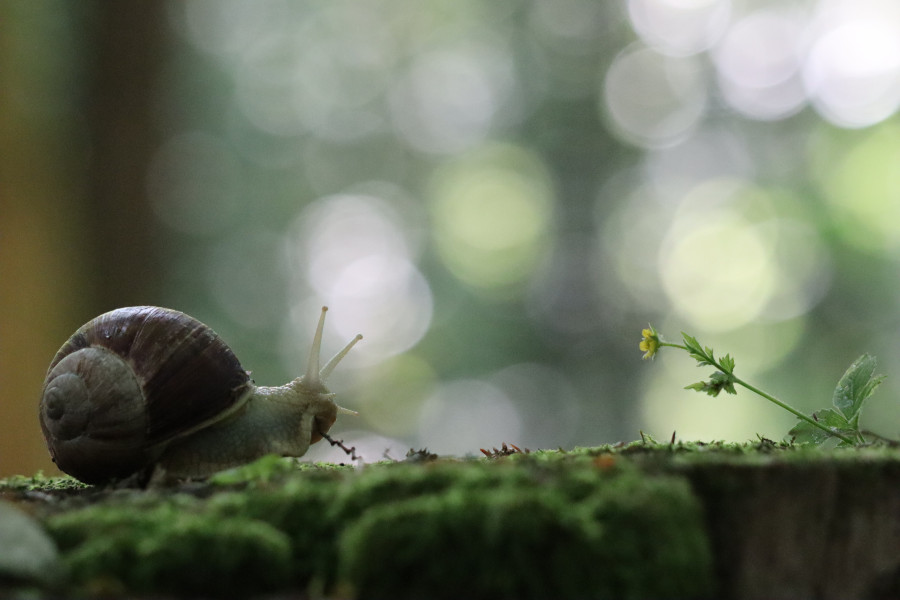Museum Talks: The Sex Lives of Gastropods


Sex, like survival, is a major reason for evolution, as Darwin and his contemporaries realised. It shapes the bodies and behaviour of many animal species, and contributes hugely to the biodiversity of planet Earth. Museum zoology collections open a window on a sexual world much wider than our own. Far from being a prurient interest, a knowledge of the sex lives of a group of animals is as important as any aspect of their biology.
Examination of the genitalia is crucial in classifying and identifying many invertebrate species, and is routine in describing those we do not yet know. This talk will show how this matters to Amgueddfa Cymru’s own collections and research on the taxonomy of gastropod molluscs (snails and slugs) from the UK and tropical Africa.

The ancestors of all these animals must have successfully overcome the challenges of finding a mate, courtship, and delivering offspring. These are complex enough, but are also entangled with an ancient “battle of the sexes”, leading to sperm competition, elaborate stimulatory manipulations, and hidden ways of choosing between partners. Some slugs and snails, among which hermaphrodites are the norm, can change or adopt different sexual roles, or (when all else fails), can reproduce alone. The equipment they have evolved for these purposes includes love darts, thorny spermatophores, prehensile stimulators, and special mucus glands - all of which can be found in an average Welsh garden.
Please note: due to the nature of this talk it will only be suitable for those aged 18+


